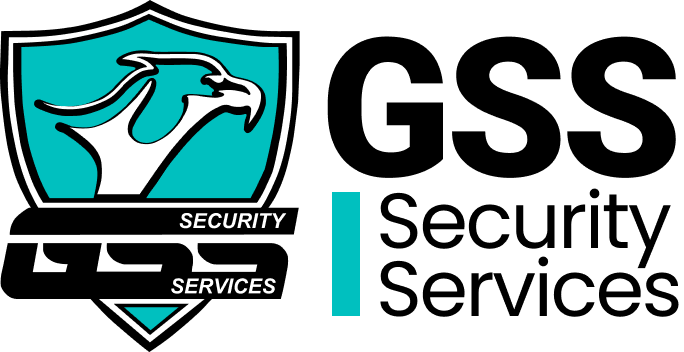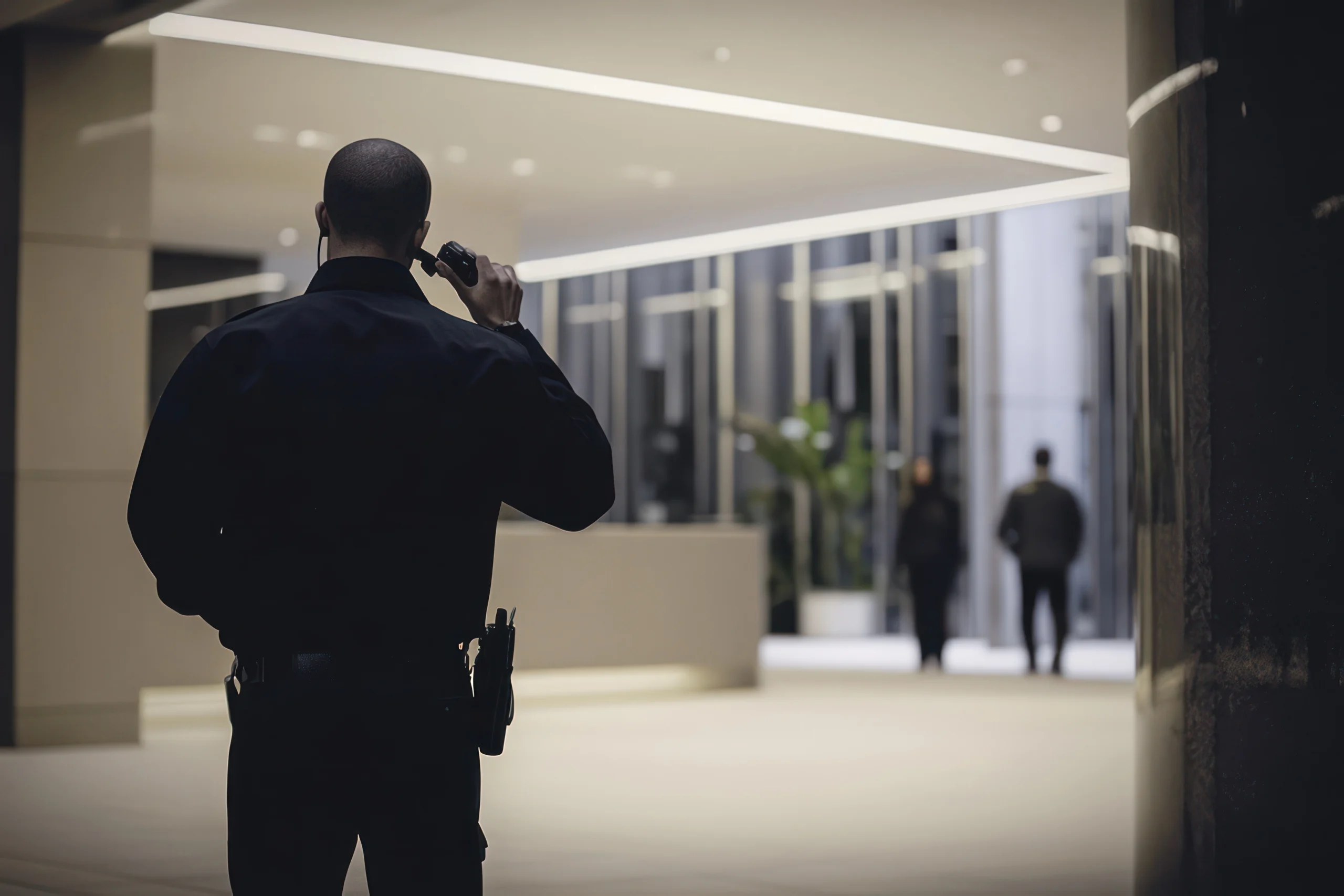Every business faces threats. From cybercriminals targeting sensitive data to unauthorised visitors wandering through office buildings, modern companies must defend against risks that can devastate operations, reputation, and bottom lines. Corporate security services provide comprehensive protection that goes far beyond traditional security guards at the front desk. These specialised services create multi-layered defence systems designed to safeguard three critical areas: your employees, your clients, and your valuable assets.
Understanding how these services work can help you identify vulnerabilities in your current security approach and make informed decisions about protecting what matters most to your organisation.
Physical Security: The Foundation of Employee Protection
Physcial security covers these aspects.
Access Control Systems
Modern access control forms the backbone of physical security. Card readers, biometric scanners, and mobile credentials ensure only authorised personnel enter your premises. These systems create detailed audit trails, showing exactly who accessed which areas and when.
Multi-zone access control allows different clearance levels throughout your building. Reception areas remain accessible to visitors, while sensitive departments like IT server rooms or financial offices require higher-level credentials.
Surveillance and Monitoring
Professional security cameras do more than record footage. Today’s systems use intelligent analytics to detect unusual behaviour patterns, identify potential threats before incidents occur, and provide real-time alerts to security personnel.
Strategic camera placement covers blind spots that untrained eyes might miss. Security professionals understand sight lines, lighting conditions, and optimal angles to maximise coverage whilst maintaining employee privacy in appropriate areas.
Emergency Response Procedures
Corporate security services develop comprehensive emergency protocols tailored to your specific business environment. These procedures cover everything from medical emergencies and natural disasters to security breaches and workplace violence.
Regular drills ensure employees know exactly what to do during different types of emergencies. This preparation reduces panic, speeds up response times, and can save lives during critical situations.
Protecting Client Information and Privacy
These factors play a key role in the protection of privacy and crucial data.
Data Security Integration
Physical and digital security work together to protect sensitive client information. Security services coordinate with IT departments to ensure servers, workstations, and backup systems remain physically secure whilst digital protections handle cyber threats.
Document security protocols prevent unauthorised access to confidential files. This includes secure storage systems, controlled access to filing areas, and proper disposal procedures for sensitive paperwork.
Visitor Management Systems
Professional visitor management goes beyond signing a guest book. Modern systems verify visitor identity, conduct background checks when necessary, and ensure guests receive appropriate supervision throughout their visit.
These systems protect client confidentiality by controlling who can access areas where sensitive discussions might occur. They also maintain records of all visits, which can be crucial for compliance requirements or security investigations.
Meeting and Event Security
High-stakes meetings, client presentations, and corporate events require specialised security considerations. Corporate security services assess risks specific to each event and implement appropriate measures to protect attendees and confidential information discussed.
This might include swept rooms for electronic surveillance devices, secure transportation arrangements for high-profile clients, or discrete security personnel who blend into the business environment.
Asset Protection Strategies
Here are some key asset safety strategies.
Inventory and Equipment Security
Corporate security helps protect valuable equipment, inventory, and intellectual property through comprehensive asset protection programmes. It includes securing computer equipment, machinery, inventory, and proprietary materials that competitors might target.
Regular security audits identify vulnerabilities in how assets are stored, accessed, and tracked. These assessments often reveal surprising gaps in protection that businesses hadn’t considered.
Intellectual Property Safeguards
Your company’s ideas, processes, and trade secrets represent enormous value that requires protection. Security services work with legal and management teams to identify intellectual property risks and implement appropriate safeguards.
This includes controlling access to research areas, securing prototypes or sensitive materials, and ensuring that confidential information doesn’t leave the premises through unauthorised channels.
Financial Security Measures
Businesses handling cash, processing financial transactions, or storing valuable items need specialised security measures. Corporate security services design protection systems appropriate to your level of financial risk.
These measures might include secure cash handling procedures, armoured transportation arrangements, or vault security systems designed to meet insurance requirements and regulatory standards.
Technology Integration and Modern Solutions
It is crucial to integrate technology while gong with the latest strategies.
Smart Security Systems
Contemporary corporate security services leverage advanced technology to provide more effective protection. Internet-connected systems allow real-time monitoring, automated alerts, and remote system management.
Artificial intelligence enhances traditional security measures by learning normal behaviour patterns and identifying anomalies that might indicate security threats. These systems can distinguish between normal employee movement and potentially suspicious activity.
Mobile Security Applications
Many security services now offer mobile applications that allow employees to request assistance, report suspicious activity, or receive emergency notifications directly on their smartphones.
These apps can include features like panic buttons for employees working alone, location services to help security personnel respond quickly, and communication tools that work even during network outages.
Integration with Business Systems
The most effective security services integrate seamlessly with existing business systems. This includes connecting with HR databases for access control, integrating with building management systems for comprehensive monitoring, and working with IT infrastructure for unified security management.
Choosing the Right Corporate Security Services Provider
You should consider these factors while selecting a security company.
Risk Assessment Expertise
Quality corporate security services begin with thorough risk assessments that examine your specific vulnerabilities. These assessments consider your industry, location, business model, and unique threat landscape to develop tailored security strategies.
Professional security providers understand that cookie-cutter approaches don’t work. Your retail business faces different risks than a manufacturing facility, and your security measures should reflect these differences.
Ongoing Monitoring and Adaptation
Threats evolve constantly, and your security measures must adapt accordingly. Reputable corporate security services provide ongoing monitoring, regular system updates, and periodic security reviews to ensure your protection remains effective.
This includes staying current with new security technologies, emerging threat patterns, and changing regulatory requirements that might affect your security obligations.
Final Words
Corporate security services protect far more than most businesses realise. They create secure environments where employees can work confidently, clients can trust their sensitive information remains protected, and valuable assets stay safe from various threats.
The key lies in understanding that effective security requires comprehensive, professionally designed systems rather than piecemeal solutions. By working with experienced security company, you can build protection strategies that address your specific risks whilst supporting your business objectives.
Consider conducting a professional security assessment to identify gaps in your current protection measures. The investment in comprehensive security services often pays for itself through prevented losses, reduced insurance costs, and the peace of mind that comes from knowing your people, clients, and assets are properly protected.











